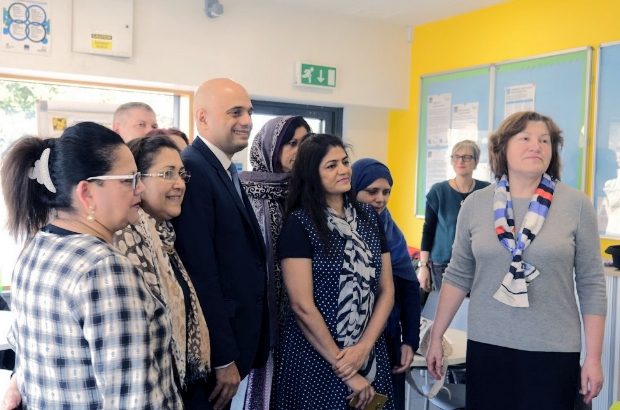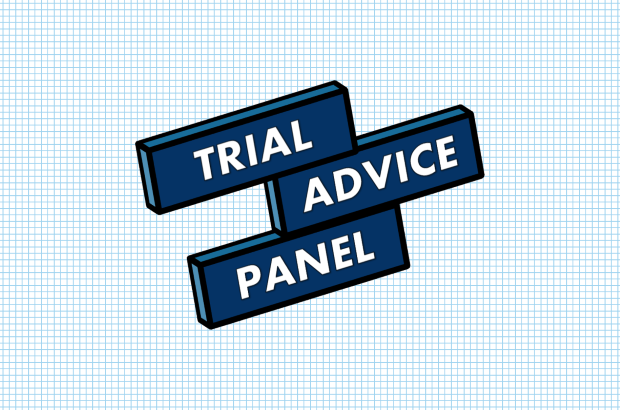This blog is now archived
This blog is now archived
This blog is no longer being updated.
This blog is no longer being updated.

The Early Intervention Foundation’s Tom McBride explains why programme evaluation is crucial to the success of children’s service, but can be undermined by surprisingly basic issues.

Next week the Houses of Parliament are playing host to the inaugural Evidence Week. It's a chance for citizens, MPs and policymakers to talk about why evidence matters and how make the best use of it.

...to evaluate using an RCT approach, but we considered it to be exactly the right type of project to undergo this kind of robust inquiry. Its results may not seem...

...to work in the future. By giving this information to all teachers — regardless of where they teach and the type of school they teach in — we can make...

The police are in a tricky position. When crime rates go down it is often claimed as a success for great policing. When they go up we can become socio-economic commentators, blaming the bad news on the economy, unemployment or the rise of digital technology. We can’t have it both ways!

...create a win-win situation for teachers and students. Reducing the marking workload Research undertaken by the EEF and Oxford University in 2016 found that there is little evidence that written...

...commissioners, policymakers, and frontline workers with the answers they need. And these centres have developed innovative ways of helping decision makers act on this evidence. Alongside the network, we’ve also...

Over the past 5 years, the What Works Team has championed what we call the ‘What Works approach’ as a better way of making policy across government: identifying problems using good data, designing a solution using the best evidence available, …